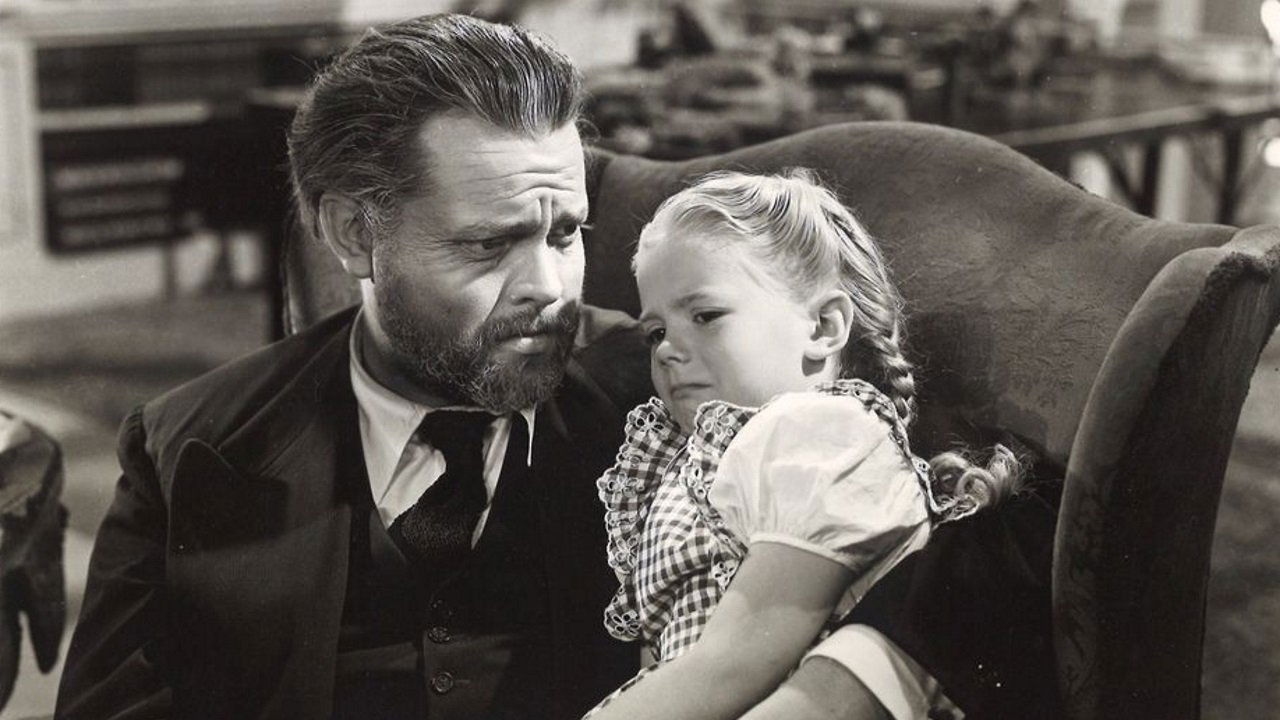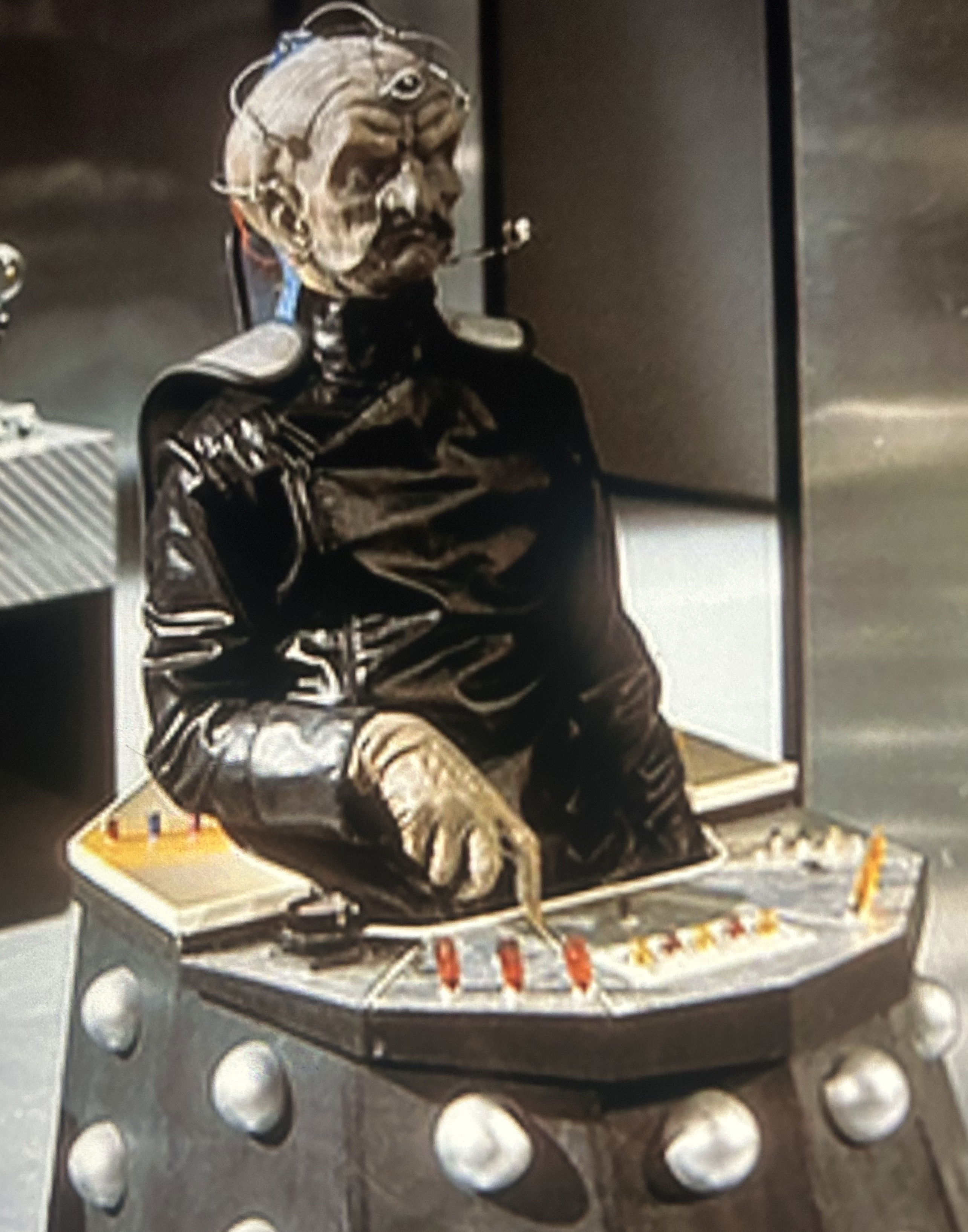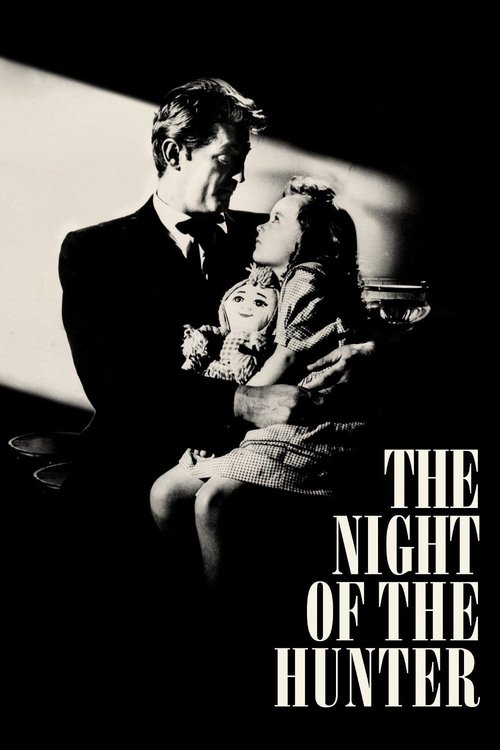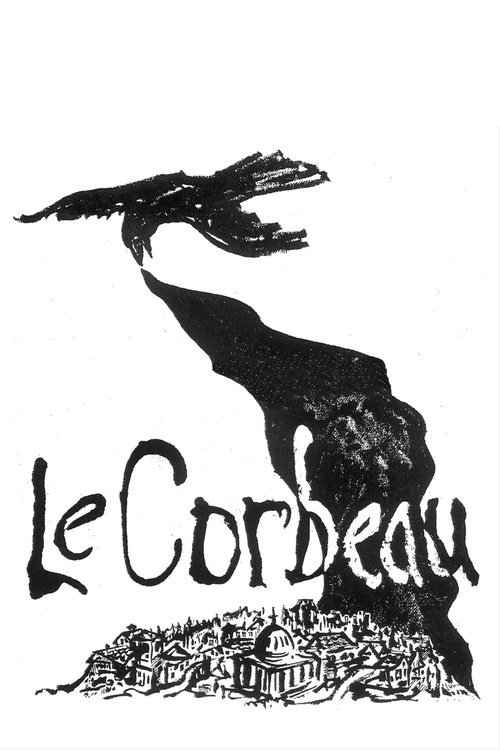
1946
Tomorrow Is Forever
Drama, Romance
7.0
User Score
39 Votes
Status
Released
Language
en
Budget
$0
Production
International Pictures (I), RKO Radio Pictures
Overview
In 1918, Elizabeth MacDonald learns that her husband, John Andrew, has been killed in the war. Elizabeth bears John's son and eventually marries her kindly boss. Unknown to her, John has survived but is horribly disfigured and remains in Europe. Years later, on the eve of World War II, Elizabeth refuses to agree to her son's request to enlist and is stunned when an eerily familiar stranger named Kessler arrives from abroad and becomes involved.
Review

Geronimo1967
7.0
Like in so many families at the start of the Great War, husband "John" kisses his wife "Elizabeth" (Claudette Colbert) and sets off for the conflict never to return. After twenty years, she has moved on with her life. She has their son "Drew" (Richard Long) and a new husband "Lawrence" (George Brent) and is facing the daunting prospect of the former keen to join up to fight in World War II. Matters take an ever more peculiar turn when her husband invites a renowned scientist to their home only for her to faintly recognise their guest. He - "Erik" (Orson Welles) instantly recognises her and as we gradually come to realise just who is who here, the drama unfolds in a gently conflicting and well paced fashion with a charming chemistry on screen between both Colbert and Welles and Colbert and the under-used but effective Brent. The make-up artists had perhaps attacked Welles with a little to much zeal, but the thrust of the story about enduring affection, tragedy and sadness is well played out by this strong cast under the able direction of Irving Pichel. Unfortunately, it's heavily over-scored: too many choirs of angelic voices towards the end, but the characterisations are convincing and the melodrama - though tantalisingly close at times, is largely kept in abeyance. The early appearance from Natalie Wood here is only really notable for whom she went on to become, but there is quite a nice contribution from Lucile Watson as the stabilising "Aunt Jessica". The ending, though predictably sad, is eerily fitting too. It has a typical post-war feel good factor to it, certainly, but it does also nod to that sense that so many families must have felt as the realisation that war was looming and that close and personal losses were imminent. At times this is quite a touching piece of cinema.
Read More 



